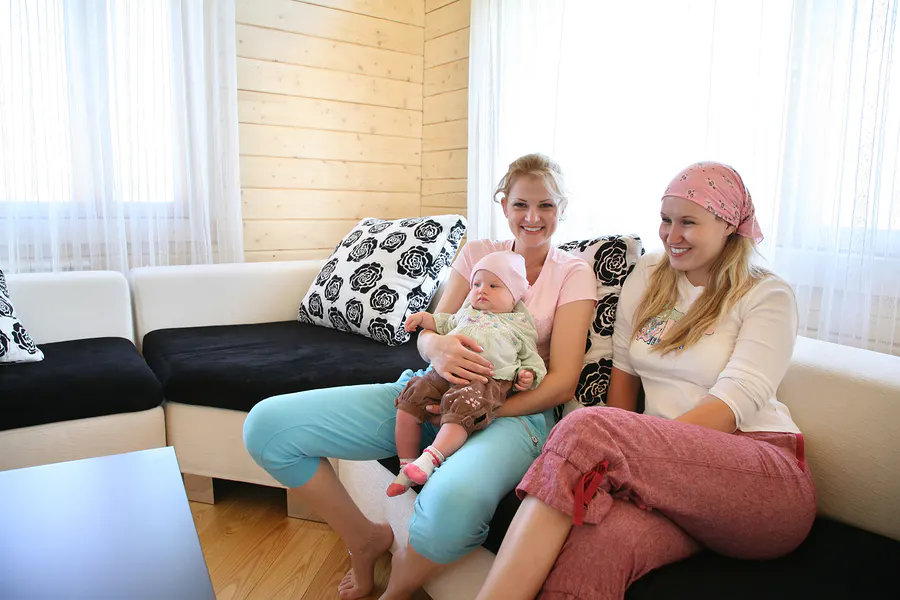Exploring the Concept of Free Sperm Donors: A Comprehensive Guide

The topic of free sperm donors (Opens in a new window) has grown in relevance as individuals and couples seek affordable and accessible ways to build families. This approach challenges traditional methods, offering a unique solution for those navigating the complexities of fertility. In this article, we explore the concept, benefits, risks, and ethical considerations of free sperm donation.
What Are Free Sperm Donors?
Free sperm donors are individuals who provide their sperm at no cost, typically outside the formal structure of a fertility clinic or sperm bank. This process often occurs through personal connections, online platforms, or social media networks designed to connect donors with recipients.
Common Methods of Donation
Artificial Insemination (AI): Non-invasive and preferred by many for safety and control.
Natural Insemination (NI): This involves intercourse and is chosen by some based on mutual agreement.
Online Platforms: Websites and forums provide a space to find willing donors and establish terms.
Benefits of Free Sperm Donation
1. Affordability
Traditional sperm banks and fertility clinics can be expensive, with costs for sperm samples, storage, and procedures adding up. Free sperm donation eliminates these costs, making parenthood more financially accessible.
2. Accessibility
Free donation removes bureaucratic barriers, especially for LGBTQ+ individuals or single parents who might face limitations in conventional systems.
3. Personal Connection
Recipients often value the opportunity to connect directly with the donor, fostering a better understanding of medical history, personality, and other traits.
Challenges and Risks
While appealing, free sperm donation has its own set of concerns that should be thoroughly understood:
1. Legal Complications
Without formal agreements, disputes over parental rights, child support, and custody can arise. Drafting a legal agreement beforehand is crucial.
2. Health and Safety
Unlike regulated sperm banks, informal donations may not involve comprehensive medical screenings. This poses risks of genetic disorders, infections, or STIs.
3. Ethical Issues
Issues around consent, motivation of the donor, and the future well-being of the child require thoughtful consideration by all parties.
How to Approach Free Sperm Donation Safely
To ensure the process is as secure and ethical as possible, consider these steps:
Medical Screening: Require donors to provide proof of comprehensive health checks and STI tests.
Legal Documentation: Draft and sign contracts outlining expectations, rights, and responsibilities.
Open Communication: Establish clear and transparent discussions about the child’s future, contact with the donor, and any mutual expectations.
Who Typically Seeks Free Sperm Donors?
Single Parents by Choice: Individuals who wish to raise a child independently.
LGBTQ+ Couples: Many same-sex couples look for affordable and flexible donor options.
Infertile Couples: Free donation provides a feasible alternative for those who cannot conceive naturally but face financial constraints.
Online Platforms for Free Sperm Donation
Numerous websites and forums act as matchmaking platforms for donors and recipients. Popular examples include:
Just a Baby: A mobile app connecting donors and recipients.
Co-ParentMatch: A platform for those seeking donors or co-parenting arrangements.
Free Sperm Donor Registry: Dedicated to connecting individuals for free donations.
Always exercise caution when using such platforms, prioritizing safety, consent, and legal measures.
Ethical Considerations
The future well-being of the child should remain a priority. Ensure that the process, motivations, and agreements respect the rights of all involved, particularly the child, who may one day have questions about their origin.
Final Thoughts
Free sperm donors represent an alternative, cost-effective pathway to parenthood. While this option offers several advantages, it demands careful planning and due diligence. By approaching the process with responsibility, transparency, and awareness, individuals and couples can fulfill their dream of building a family safely and ethically.


